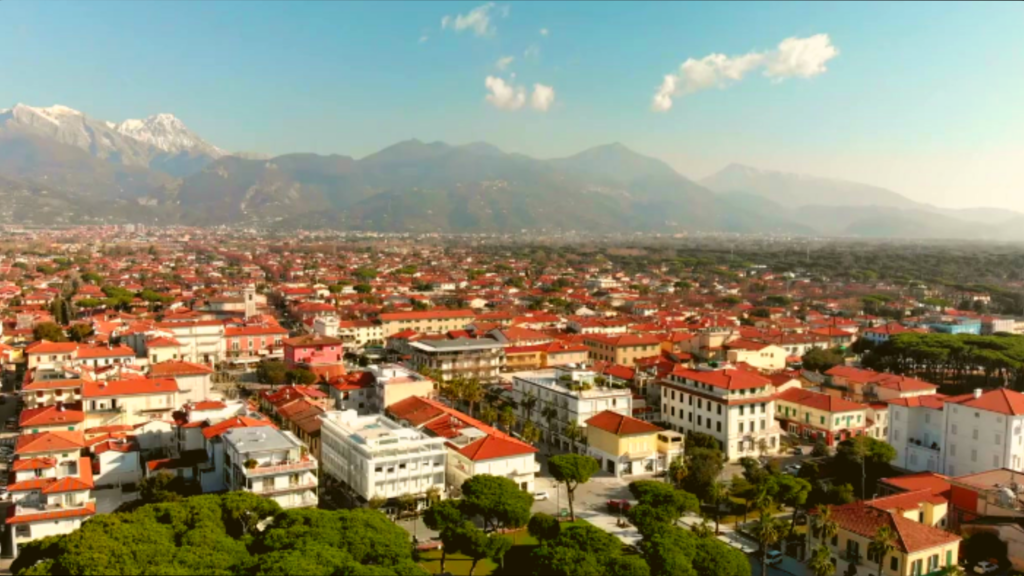Introduction to the Italian Real Estate Market
As economic conditions fluctuate globally, Italy’s real estate market remains a beacon for international investors and lifestyle seekers. Regions like Rome and Florence continue to draw those interested in the cultural heritage, while areas such as Sardinia and Calabria tempt with natural beauty and less touristed locales. Furthermore, the market’s currency advantage can be appealing to non-Euro investors when favorable exchange rates exist. Recent government incentives for sustainable renovations present further opportunities for increasing property value while contributing to environmental efforts.
Legal and Financial Considerations for Foreign Buyers

Purchasing property in Italy involves understanding specific legal frameworks unique to the Italian system. Hiring an Italian lawyer can be a safeguard against legal pitfalls. The Italian legal system follows a civil law structure distinct from common law, emphasizing written statutes. This importance placed on documented contracts necessitates meticulous attention to the terms and conditions outlined in preliminary agreements. Also, understanding residency requirements for tax and inheritance benefits can influence investment decisions significantly, as becoming an Italian resident might provide advantageous tax scenarios.
Popular Regions and Cities for Expats and Investors
Italy’s diverse landscape offers varied choices for expats and real estate investors. The Italian Lakes, including Lake Como and Lake Garda, offer scenic living combined with upscale amenities, making them a preferred destination for those seeking tranquility with luxury. In contrast, regions like Puglia, known for its unique trullo architecture and unspoiled beaches, attract investors looking for authentic local experiences and emerging markets. The northern regions, like Piedmont, increasingly appeal to wine enthusiasts and those interested in agritourism investment opportunities, enhancing Italy’s reputation as a real estate haven.
Types of Properties: Apartments, Villas, Country Homes

The spectrum of property types in Italy caters to different lifestyles and investment strategies. Urban apartments in city centers like Rome, Milan, or Florence often yield higher rental incomes and benefit from vibrant culture and vibrant nightlife. Coastal villas, on the other hand, offer secluded retreats and are ideal for second homes or high-end holiday rentals, particularly in regions like Capri or Sardinia. Renovation projects of rustic country homes provide investors with opportunities for capital growth through development, especially in regions abundant with historical properties requiring rehabilitation.
Steps to Buying Property in Italy: From Research to Closing
Conducting thorough market research and selecting the right locality forms the cornerstone of the property buying process. Italy’s diverse geography and cultural regions mean that locations vary significantly in terms of lifestyle, investment returns, and price levels. Engaging local experts like bilingual real estate agents familiar with the intricacies of negotiations and region-specific property concerns is advisable. After property visits and negotiations, the critical due diligence phase, involving property surveys and local land registry examinations, ensures the buyer’s protection against unforeseen legal or structural issues. The involvement of a notary marks the finalization, as they ensure compliance with Italian property law and authenticate the transfer of ownership.

Costs Involved: Taxes, Fees, and Maintenance
Purchasing property in Italy involves several cost considerations beyond the sale price. Taxes such as the imposta di registro (registration tax), IVA (Value Added Tax) on new constructions, and imposta catastale (cadastre tax) can significantly affect the overall investment. Foreign buyers may find it essential to understand dual taxation agreements between Italy and their home country to prevent tax double-dipping. Routine maintenance, coupled with unforeseen renovation requirements, can escalate costs, especially for older properties where structural updates or energy efficiency improvements are necessary to meet modern living standards.
Tips for Negotiating the Best Deal

Success in Italian real estate negotiation requires both knowledge and cultural finesse. Italians historically place high value on establishing trust and personal rapport, meaning relationship-building plays a crucial role. Being flexible in your terms while demonstrating keen knowledge of the market can create more fortuitous outcomes. Understanding local negotiation dynamics, which can differ from those in your home market, can prevent misunderstandings and lead to better, mutually beneficial deals. Monitoring market trends and capitalizing on timing can also enhance the likelihood of purchasing at favorable conditions.
Renting Out Your Property: Regulations and Considerations

Considering the rental market in Italy involves an understanding of both opportunities and regulatory constraints. Italy’s touristic allure brings lucrative potential for short-term vacation rentals, particularly in cities like Venice, where cultural tourists are plentiful. However, regulatory changes and city-specific restrictions on short rentals need careful navigation. Long-term rentals provide stable income but require understanding tenant law, including eviction requirements and tenant rights, which are notably robust in Italy. Engaging property management companies’ adept at handling both types of rental scenarios can ease operational challenges.
Conclusion and Next Steps for Prospective Buyers
This guide underscores the rich tapestry of opportunities Italy offers to property buyers, from investment growth to lifestyle enhancements. Prospective buyers are encouraged to embrace Italy’s unique market by conducting thorough research while delving deeply into the cultural context of your selected region. Collaborating with proficient local professionals can further streamline the process, ensure compliance with local laws, and maximize the investment’s potential. As you ponder your next steps on this property acquisition journey, consider visiting Italy to immerse within its locales, further solidifying your decision. Taking action today could not only offer financial rewards but a life imbued with the beautiful Italian ethos.
Contact Us
For more information or personalized advice on navigating the Italian real estate market, connect with us on LinkedIn. Our team is ready to assist you with your property investment journey. Reach out to us here.





